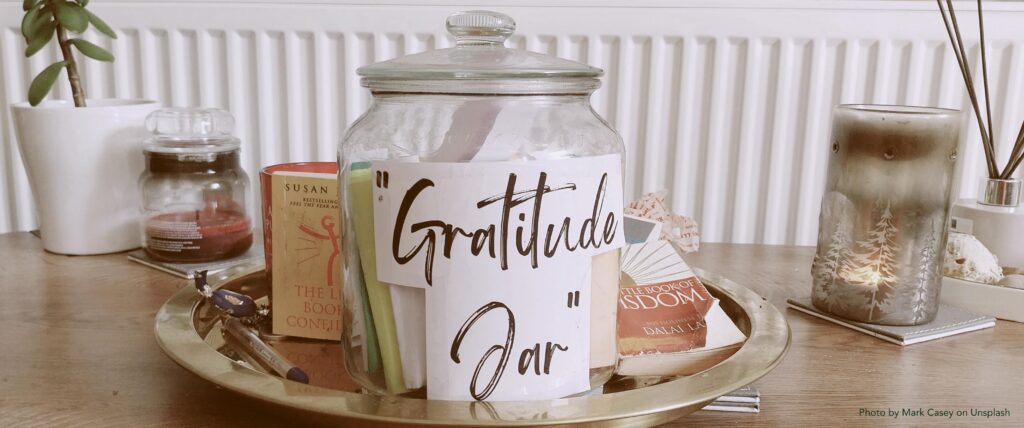
Practical ways that actually help
There are moments when my mind feels loud and restless.
Thoughts keep repeating, concentration disappears, and even small things start to feel heavy.
For a long time, I believed this was just something I had to live with.
But over time, I’ve learned that calming the mind doesn’t mean forcing thoughts away.
It means learning how to meet yourself differently when your inner world feels overwhelming.
These are the practices I return to again and again — simple, practical ways that help me calm my mind and come back to myself.
1. I Move My Body and Change My Environment
When my thoughts won’t quiet down, I start with my body.
Most mental overwhelm is connected to a stressed nervous system.
That’s why I go for a walk — even if it’s just 10 minutes.
If I can, I walk in nature. I slow down and notice what’s around me:
the light, the colors, the smell of the air, the sound of my steps.
I’m not trying to stop thinking.
I’m gently bringing my attention back to the present moment.
And if there’s no nature nearby, I still go outside.
Fresh air, movement, and a change of scenery already help my body feel safer — and a calmer body supports a calmer mind.
2. I Take Time for Myself Without Guilt
When my mind is restless, I intentionally do something I enjoy.
Not something productive.
Not something I should do.
Something that feels nourishing.
For me, that’s often cooking or enjoying good food.
I focus on the process instead of rushing through it.
Enjoyment is not a luxury — it’s a form of regulation.
It tells the nervous system that it’s okay to slow down.
This can be anything that brings you comfort or joy:
music, creativity, rest, or simply being still.
You are allowed to feel good, even when life feels uncertain.
3. I Pause — Even When I Feel Like I Don’t Have Time
There are days when I don’t have time for long breaks.
That’s when I create small pauses.
I stop for a moment.
I count numbers slowly or focus on my breath.
This pause isn’t about relaxing perfectly.
It’s about interrupting the mental spiral.
I remind myself that I don’t have to engage with every thought that appears.
Thoughts can exist without controlling my emotions or actions.
Even a short pause can bring just enough space to continue with more clarity.
4. I Write Everything Down
Writing is one of the most powerful tools I use to calm my mind.
When thoughts keep repeating, I write them down exactly as they are.
No filtering. No correcting.
Seeing thoughts on paper helps me step back and observe them instead of being trapped inside them.
I ask myself:
- Is this thought realistic?
- Is it something I can change or control?
- Or is this something I need to let go of?
Writing turns vague anxiety into something tangible — and therefore easier to understand and release.
5. I Use the Black Hole Practice When Thoughts Feel Overwhelming
When my thoughts feel especially heavy, I use a simple but powerful practice.
I draw a black circle on a blank page.
I imagine it as a black hole.
Inside that circle, I write everything that’s in my mind — fears, worries, negative thoughts.
I let it all out without judging it.
This helps release mental pressure and gives my mind space to breathe again.
Once the thoughts are out, I can approach them more calmly — or simply let them go.
6. I Say Affirmations Out Loud
When my inner dialogue turns negative or fearful, I use affirmations.
I say them out loud, sometimes in front of a mirror.
Hearing my own voice makes the words feel grounding and real.
Simple affirmations like:
- Everything I need is already inside me.
- I am safe in this moment.
- I don’t need outside validation to be worthy.
Over time, this practice helps shift the inner tone from self-criticism to self-support.
7. I Meditate and Allow Stillness
Meditation helps me create space between myself and my thoughts.
I don’t try to force silence.
I let thoughts come and go without attaching to them.
Sometimes I meditate in silence.
Sometimes I use guided meditation when my mind feels especially busy.
Even a few minutes of stillness can bring clarity and calm.
Meditation reminds me that thoughts are temporary — and I don’t have to identify with them.
A Gentle Reminder
We don’t choose every thought that appears in our mind.
Thoughts come and go, often without asking for permission.
Trying to fight them or silence them usually gives them more power.
What we can choose is how we respond.
We can pause.
We can observe instead of react.
We can support ourselves instead of judging ourselves.
Calming the mind isn’t about control.
It’s about creating a kinder relationship with your inner world.
Journaling as a Supportive Practice
Writing has been one of the most important tools on my own healing journey.
That’s why I created my journal — as a safe space for calming the mind, practicing self-love, and releasing anxiety.
It includes guided writing, affirmations, and practices like the black hole method.
Be gentle with yourself.
You don’t have to live in constant mental noise.
A calmer, more peaceful inner world is possible — one small step at a time.
You can try this today with the free Calm Your Mind journal PDF — or order the physical version to support my small business and have your own safe space always at hand.
This reflection is also available as a video.









